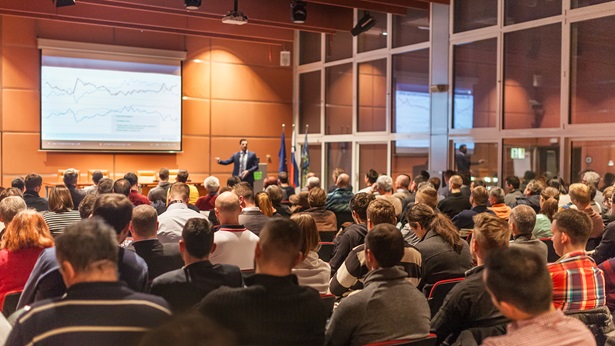Partnering with States on Energy Code Adoption Grants
The Department of Energy will award $225 million in grants to states to adopt updated energy efficiency codes for new home construction using money appropriated in the Infrastructure Investment and Jobs Act (IIJA) of 2021.
DOE has launched a new program, the Resilient and Efficient Codes Implementation (RECI), that will assess and award grants funded by the infrastructure bill. The program will award $45 million in grants to states each year from fiscal year 2022 to fiscal year 2026.
The primary purpose of the grants is to defray the cost of adopting updated energy codes, specifically, the International Energy Conservation Code (IECC) developed by the International Code Council (ICC).
The RECI program will place priority on grant applications that include partnerships. The list of acceptable partners includes “associations of builders and design and construction professionals,” like state and local HBAs in the NAHB Federation.
If you think your state may apply for funding to adopt updated energy codes, start making a plan to partner with them. Current fiscal year applications are due March 27, 2023, so there may still be time to partner. Even if it is too late, this funding will last at least another five years.
Steps to Partnering with a State on an Application
- Understand where your state stands. Use the map on the Federal Incentives for Energy Code Adoption page to determine which version of the IECC your state is currently using. If your state has adopted any edition of the IECC prior to 2021, contact the relevant state agencies to determine if they are considering an application.
- Learn more about the process. DOE has published a comprehensive document outlining the application, award and implementation process. It is long, but includes all technical requirements.
- Contact your state energy office. Use this guide from DOE to find your state energy office. Contact them to see if they are working on or considering a grant application and the process for being included as a partner in the application.
NAHB Codes and State and Local Government Affairs staff is always available to answer any questions about the process.



